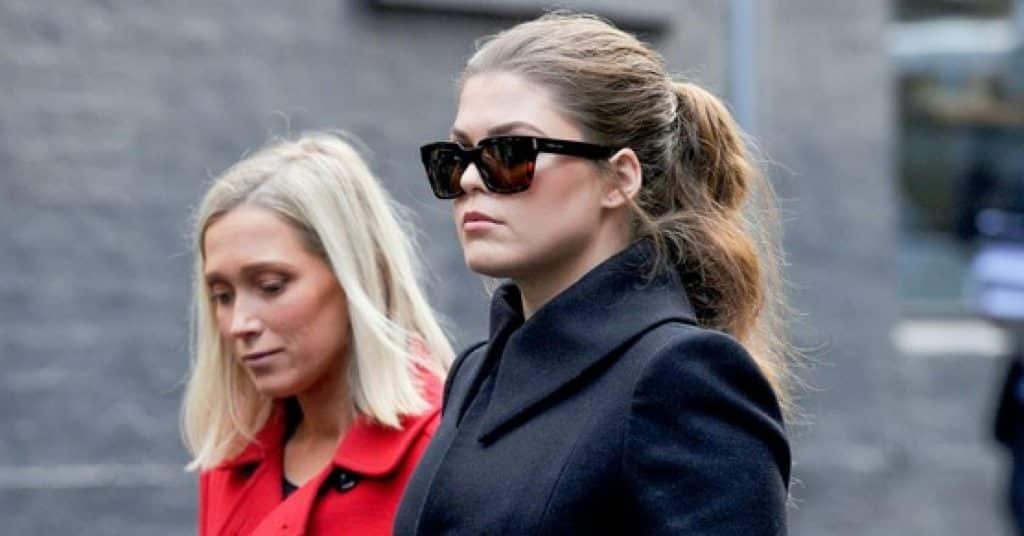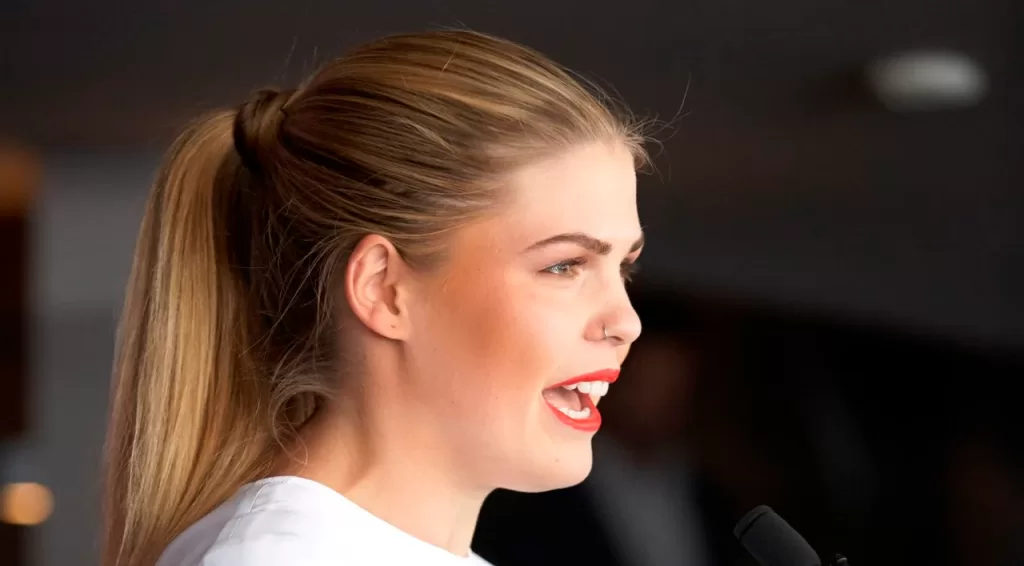The wellness industry has seen an astronomical boom in recent years. As is the case with any growing industry, there are always those who wish to capitalise on it – and will go to unbelievable lengths to do so.
Belle Gibson was one such woman.
With over 300,000 Instagram followers in 2013 (long before ‘influencer’ was a credible job title), Gibson was adored across the internet. She was admired for many reasons, but perhaps most prominently for her courage and incredible recovery from cancer.
According to Belle, she had been told by her doctors that she had just four months to live and was succumbing to terminal brain cancer – until she switched to a diet of clean eating.

With such an astounding story to tell, it’s no surprise that Belle quickly found success on and off the internet. The growth of her social media platforms allowed Belle to develop and release a wellbeing app promoting clean eating, which was released under the name The Whole Pantry – the same title that she later used for a cookbook published through Penguin.
Seeing the effect that clean heating had on Belle, thousands of men and women across the world decided to follow in her footsteps and try out this drastic new dietary change for themselves. Many were perfectly healthy individuals looking to simply follow a more natural and energising diet – of course, her story had also convinced many who, like Belle, were suffering with terminal illness and looking desperately for a cure.
For those who were dealing with cancers, tumours and other devastating illnesses, Belle’s story offered hope – hope that through investing in Belle’s work and making the dietary changes that she suggested, they may be able to cling onto their lives a little longer. This was unfortunately not the case.
Not just for Belle’s followers, but for Belle herself.
Following a hit piece by an Australian journalist, it transpired that Belle had lied to her followers regarding the whereabouts of profits from her app and her book, which she said were being donated to a cancer charity with each and every sale. They weren’t.
Those who followed Belle online were naturally shocked that a woman who had cancer herself would deceive followers into believing that she was contributing thousands to Australia’s most prominent cancer charities. Some struggled to believe that this could be the case and began to look a little deeper into the claims made by Belle – including the stories she had relayed to her followers concerning her own health.
Across the internet, Belle’s claims were scrutinized more closely than they had been before, with increasing discrepancies popping up here and there. It wasn’t long before those who had investigated Belle realised the true scale of her lies.
Belle had not, in fact, cured her cancer through clean eating. She had not cured her cancer through clean eating as she never had cancer in the first place. Her story was entirely false.
As the story broke, followers were shocked. How could she do something like this? How could anyone live with themselves whilst actively convincing people who were suffering with terminal illness that she held the secret cure to an inoperable disease? How could a person sell false hope to so many?

According to one judge, who spoke on the matter after fining Belle Gibson £240,000 for misleading her followers, she may have become so sucked in by her own lies that she began to believe them for herself. For those fooled by Belle, however, this meant nothing – the damage was already done.
In the years since, Belle has removed herself from the internet. It’s clear to see that this is for the best, as there’s little chance she will ever remove her association from this dark and twisted series of lies.
Many have called Gibson ‘the Anna Delvey of the internet’ due to her nefarious ways of making money. Unlike Anna, however, her victims are not the rich and famous – they are the sick and desperate.
It’s a cautionary tale worth keeping in mind whenever you find yourself being hooked in by influencer promises of a holy grail treatment, product or way of life – not everything online is at it seems and no lie is too outlandish for some.


